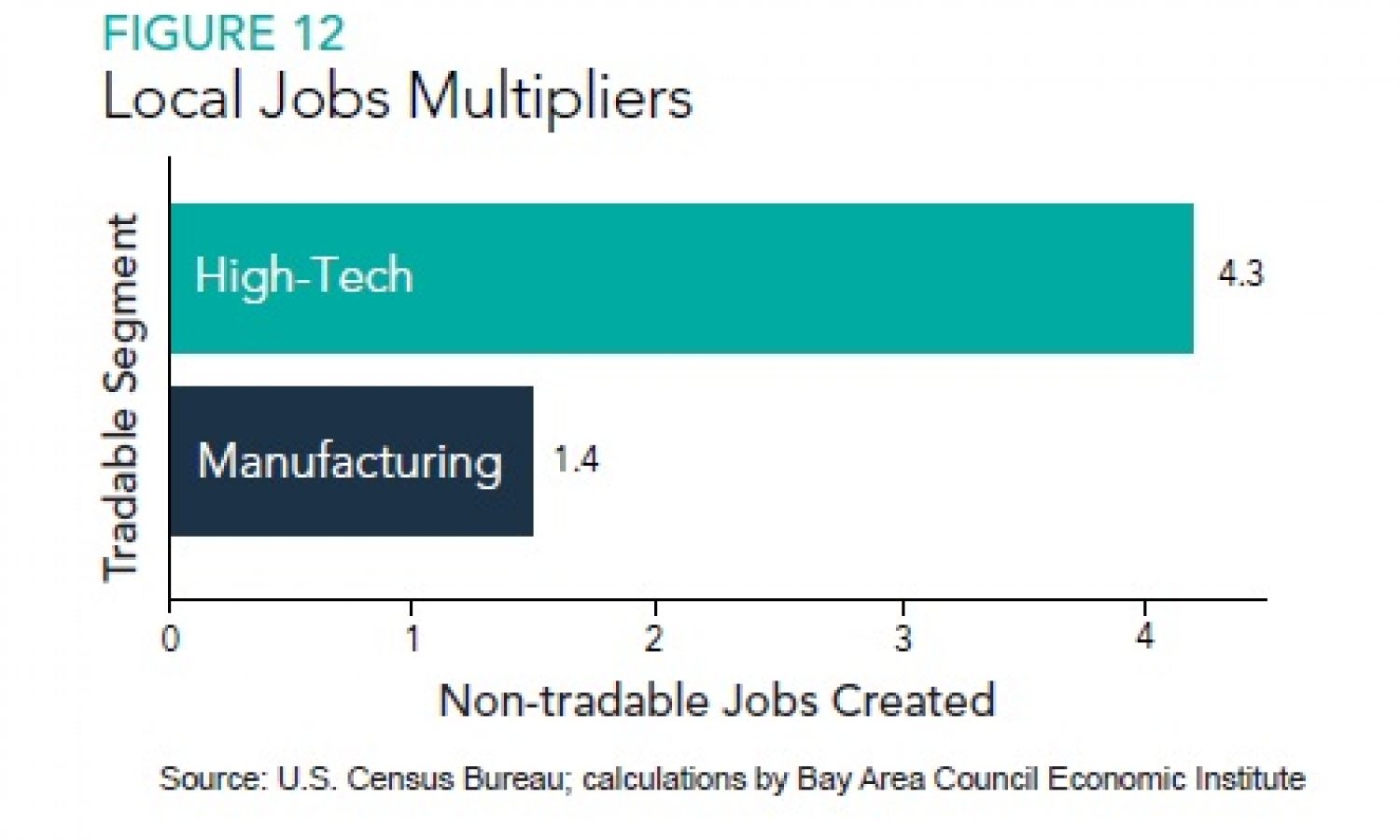Industry Fueling Job Creation
As members of the Internet infrastructure industry, we are keenly aware of the positive influence that the Internet has on employment, specifically in the technology sector. The San Francisco-based Bay Area Council Economic Institute further underscores this point and offers additional insight in a new study [PDF] released yesterday titled, “Technology Works: Patterns of High-Technology Employment and Wages in the United States.” The study, commissioned by Engine Advocacy, examines the impact that jobs in the high-tech sector have on overall employment as well as geographical patterns in the U.S.
The conclusions reached in the study are evident: jobs in the technology sector, which are clearly being driven by our industry, are in every high population area around the country, not just in Silicon Valley, New York, Seattle, and Northern Virginia. According to the study, projections for job growth in the high-tech sectors are expected to increase more than 16 percent by 2020, while national employment is only anticipated to rise just more than 13 percent in the same time frame.
I recently discussed the growing trend that our industry has on the global economy in a post detailing findings from a McKinsey Global Institute study. According to McKinsey, 2.6 jobs were created for every job lost in the industry. This theme is taken a step further in the Bay Area Council Economic Institute study, which lays out the “local multiplier” effect for high-tech jobs, or the secondary jobs that are created from economic growth.
Based on calculations in the study with data from the U.S. Census Bureau, the local multiplier effect is larger for technology than other industries. According to the research, every job in the high-tech industry creates an additional 4.3 non-tradable jobs locally. For manufacturing, only 1.4 non-tradable jobs are created per original job in the sector. This premise holds especially true for the Internet Infrastructure industry, which fuels business and innovation, leading to job creation and economic growth.
We believe that this study does a good job of explaining how important industries, like ours, are to the general economy, in particular because it showcases that not only does our industry create jobs in a rapidly growing market, but that jobs are built on the foundation of the Internet infrastructure that we provide. We look forward to using this study in our interactions with legislators to show them that our industry needs to be protected to ensure that it survives and thrives as a bedrock of the next generation economy.


